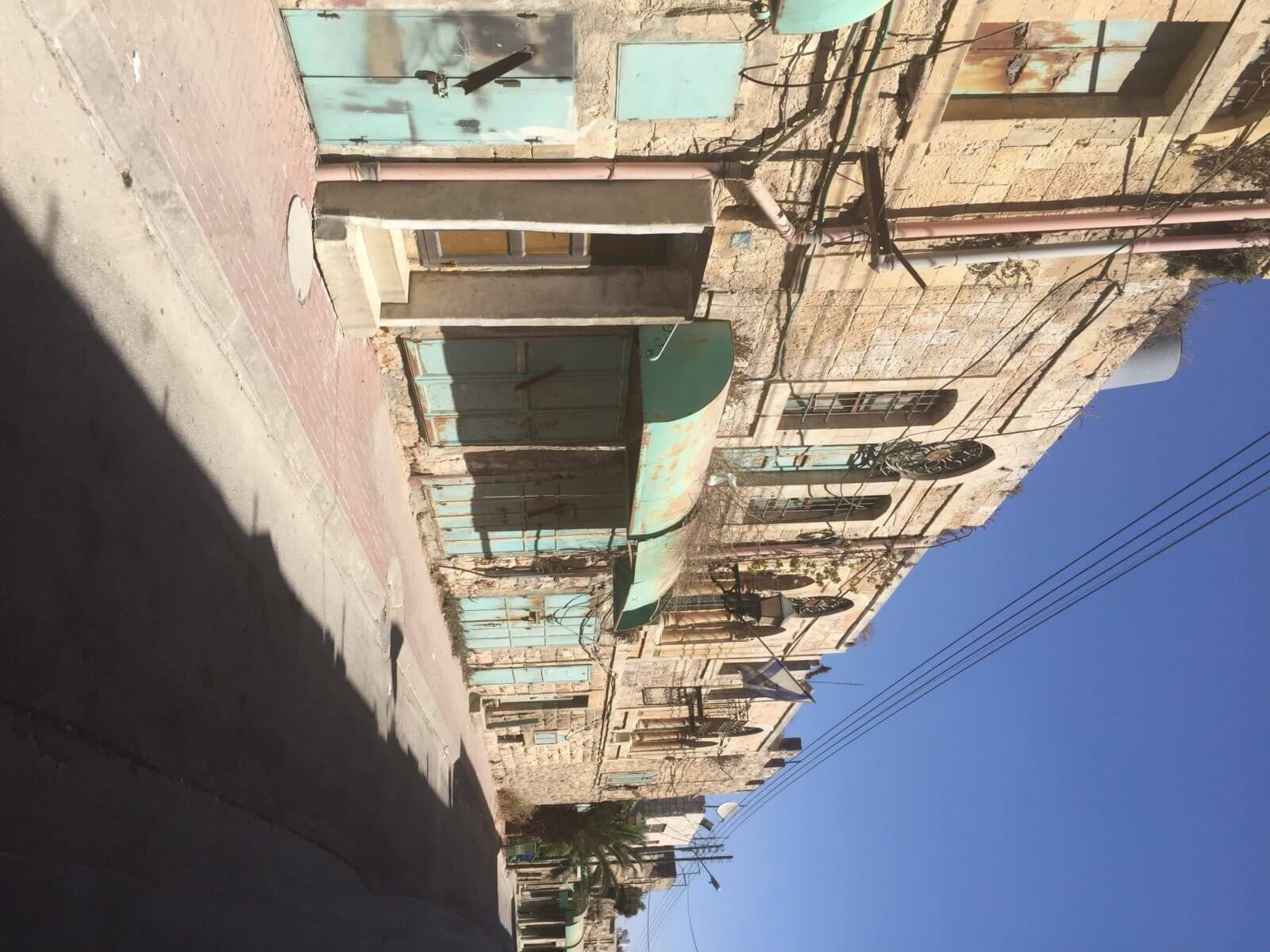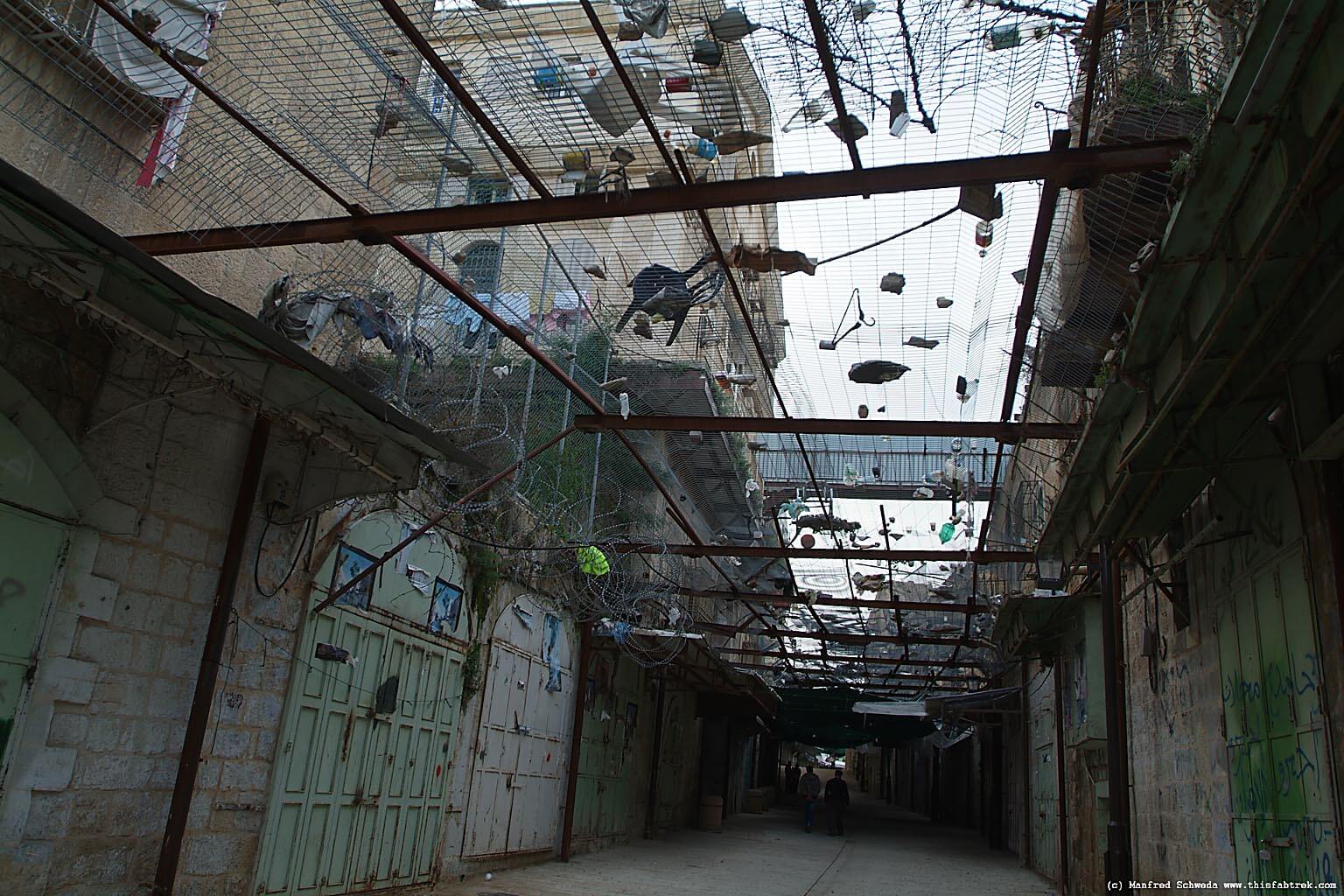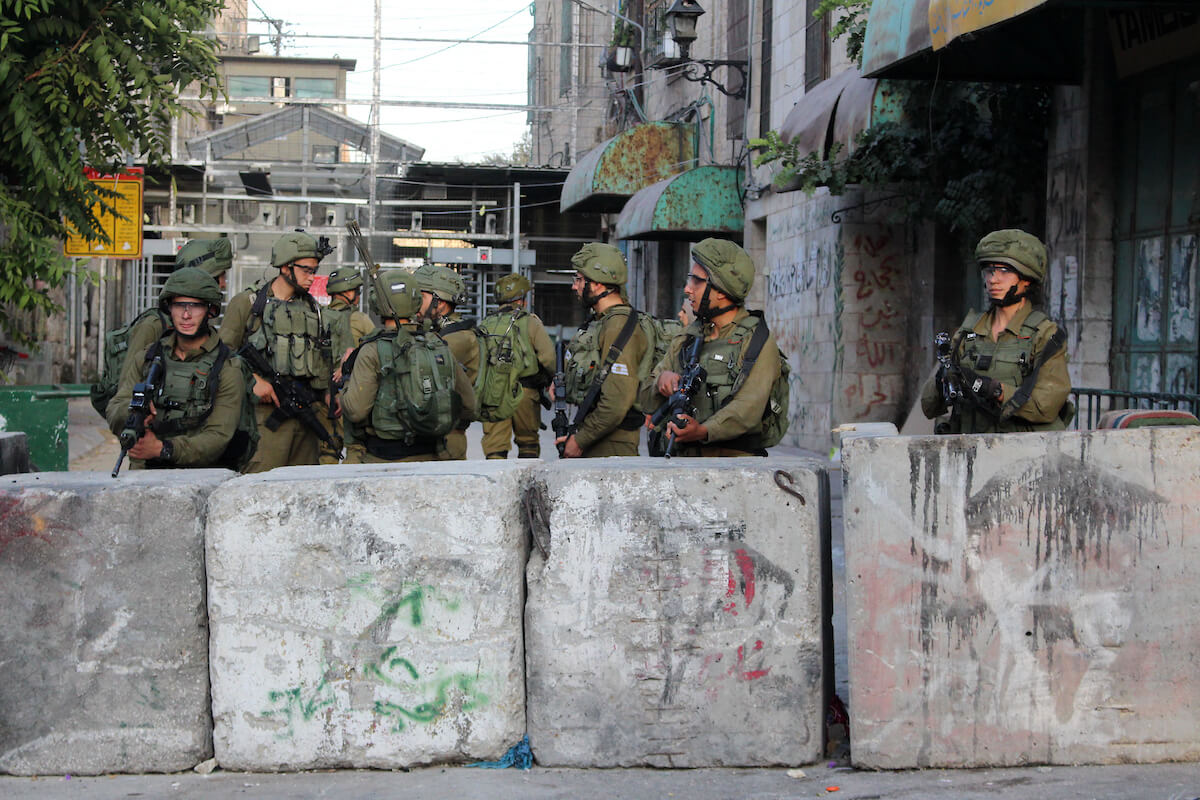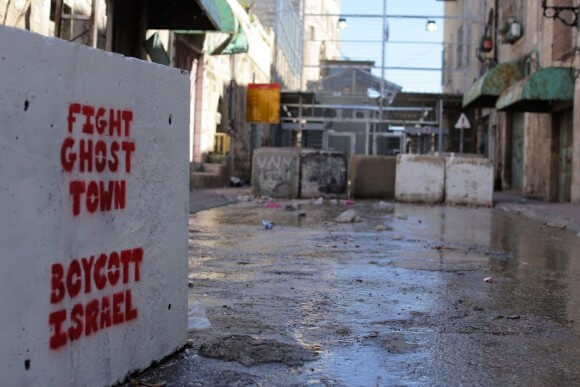A new Israeli settlement will be built in the heart of the flashpoint city of Hebron, in the southern West Bank, joining a long list of notoriously violent settlements in the area.
Israeli Defense Minister Naftali Bennet, of the ultra nationalist “New Right” party, said on Sunday that a new settlement would be built on top of Hebron’s once bustling fruit and vegetable market, now referred to by locals as a “ghost town.”
According to Bennet, the existing buildings, which belong to the Hebron municipality, will be razed to the ground to make way for new shops and buildings for the settlers.
The new settlement will create a contiguous settlement bloc in the middle of Hebron’s Old City, extending from the Ibrahimi Mosque to the Avraham Avinu settlement, and according to Bennet, will double the Jewish population of the city.
While local settlers celebrated the announcement and thanked Bennet and Prime Minister Benjamin Netanyahu for the decision, Palestinians in the city say the construction of a settlement on that specific part of the city would be rubbing salt in the wounds of their community.
“This is devastating news for us,” local activist Imad Abu Shamsiyyeh told Mondoweiss.
“The Hebron fruit and vegetable market used to be the bustling center of this city, until the Palestinians were forced out by the Israeli occupation,” he said indignantly, frustrated by the thought of settlers officially taking over the once beloved souq.

A painful past
The story of the Old Hebron market and its location in the Old City, Shuhada Street, is one that the residents of the city can never forget.
In 1994, following the massacre of 29 Palestinians at the Ibrahimi Mosque by an Israeli-American settler, Israeli forces began shuttering Palestinian shops and forcibly removing residents from their home.
“They said it was for ‘security reasons’,” Abu Shamsiyyeh, who in 48 years old now and was in his 20s at the time, recounts as if it were yesterday. “They [Israelis] were the ones that attacked us [Palestinians], and killed us, yet we were the ones that were forced out of our homes.”
Almost overnight, the city was forever changed. In the years that followed, the situation continued to worsen for Palestinian residents.
For those that remained on Shuhada street, restrictions on movement started to pile on, their shops were welded shut, and year by year, more settlers moved in — sometimes into the abandoned homes, and sometimes by force into homes still occupied by Palestinians.
After years of closures, curfews, and infrequent openings, in 2000, during the Second Intifada, Israeli forces permanently closed off the street, and the old market, to Palestinians.
To this day, only Israelis and internationals are allowed to walk down the street, past the rusted and crumbling store fronts until they reach the settler outposts of Beit Hadassah, Beit Romano, and Avraham Avinu.
The few Palestinian families who still live on the street must cross through checkpoints and use back entrances and alleyways to get to their homes, all the while navigating past armed soldiers and settlers who often harass them.

‘We are living in a prison’
55-year-old Mufeed al-Sharabati, his wife, and five children are some of the few dozen Palestinians who remain on Shuhada street. They live in a 45-square meter home, which they have been prevented from expanding, which sits adjacent to the Beit Hadassah settlement.
Al-Sharabati used to be surrounded by neighbors and friends that he grew up with, cherishing the early mornings opening up his tobacco and argileh shop, and watching the market come alive.
But the sound of market goers haggling with shopkeepers and the laughter of his neighbors are just a distant memory for al-Sharabti.
Now, he and his family are anxious every time they leave the house, for fear of being attacked by their current neighbor, the notoriously violent settler Ofer Hanna, who has become a household name in Hebron, famous for his relentless harassment of Palestinians in the city.
It’s been more than 20 years since he has opened up his shop, which was welded shut by Israeli forces. “If I try to open it, I can be arrested and fined by the soldiers,” he said.
“We took a huge economic hit after losing my business,” al-Sharabati said, “it was my main source of income.” Now, he relies on a monthly pension from the Palestinian Authority to support his family.
“We are living in a prison,” al-Sharabati said matter of factly. “The only difference between us and people in jail, is that most prisoners will be released eventually. But for us, this is the rest of our life.”

US, international community to blame
With all the hardships he and his family have endured over the years, al-Sharabati was not surprised to hear that things in his neighborhood would be getting worse with the construction of the new settlement.
It did not, however, make it any easier.
“My reaction to hearing the news was the same as all the Palestinians living in Hebron,” he told Mondoweiss. “Everyday things are getting worse for us, and no one bats an eye.”
For al-Sharabati and Abu Shamsiyyeh, Bennet’s announcement on Sunday came as a direct result of the US decision earlier this month to no longer recognize settlements as being illegal.
“The American government gave the greenlight to the Israelis to build settlements without consequence,” al-Sharabati said, adding that Hebron is “like a ticking time-bomb.”
Echoing al-Sharabti’s sentiments, Abu Shamsiyyeh anticipates that Hebron will be one of the most affected parts of the West Bank by the Trump administration’s foreign policy changes.
“Israel dreams of controlling the entire area of Hebron, and this announcement is part of their larger plans that they have been working towards for years,” he said.
When asked if they had any hope for the international community to step in and make a difference, both men responded with a resounding no.
“The international community has abandoned us,” Abu Shamsiyyeh said. “They have done nothing to help us fight this occupation. They always speak about democracy and fighting for democracy, but they do nothing to stop the Apartheid system that grows increasingly worse every day.”
Al-Sharabati said he “knows for a fact” that the Americans, and the rest of the world “do not think about or care about how their actions will affect the Palestinians.”
“My message to the American government and president is to come visit Hebron,” he continued.
“Come see what happens, and try to live under the circumstances we live under. If you only felt what we feel, you wouldn’t make such decisions.”



As Zionists continue daily and diligently to demonstrate, supremacists – even Jewish ones – are truly hateful and immoral people.
While Israel may gloat over the subjugation of the Palestinians and believe that with such acts they grind them into the dust, the reality is that the world sees only a thug and a nation without a shred of grace, integrity, compassion or decency. It is bad enough that Yad Vashem is built on land which belonged to Deir Yassin, the Palestinian village which experienced one of the worst massacres by Zionist forces.
Israel consistently manages to kick ‘own goals’ in terms of destroying any credibility it might have in world opinion.
They are not necessarily hateful and immoral people, but they are people so debased through bigotry they are capable of immoral and hateful acts. Condemn the act, not the individual.